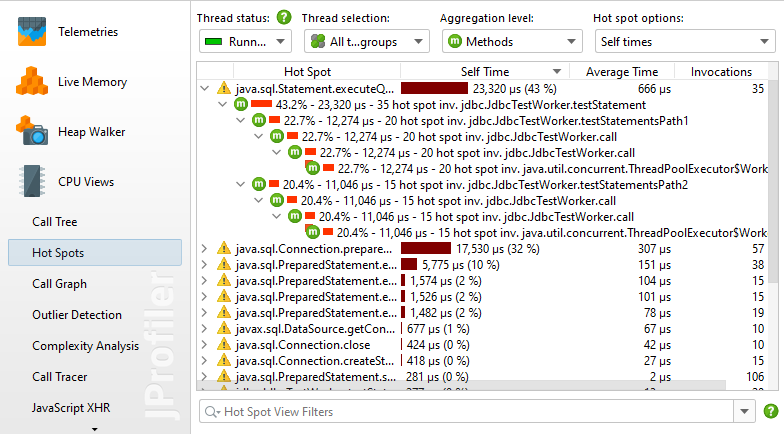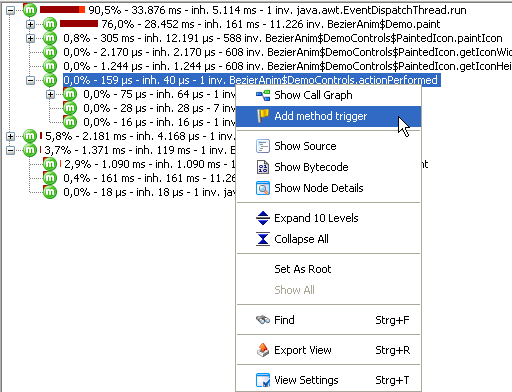
- #Node js connect to jprofiler how to#
- #Node js connect to jprofiler install#
- #Node js connect to jprofiler code#
#Node js connect to jprofiler how to#
#Node js connect to jprofiler code#

You can attach your jProfiler to the application inside your docker container like this: EXPOSE 8849Įxposing the profiling port is important (8849 is default) RUN wget -no-verbose -P /tmp/ & \ Enter the IP address and 8849 as profiling port in Profiled JVM Settings section.
#Node js connect to jprofiler install#
Download JProfiler 9.2 from and install it.

The steps below are to be done on the host machine. The container is ready to be attached to your JProfiler GUI. Now you are done at the docker container side. JAVA_OPTS="$JAVA_OPTS -agentpath:/usr/local/jprofiler9/bin/linux-圆4/libjprofilerti.so=port=8849,wait,config=/usr/local/jprofiler9/config.xml" Note: the config.xml will be the place to put your JProfiler license key. That would enable you to exec a bash to the running container: docker exec -it bashĪlternatively, if you want to enable JProfiler agent at your web server start up and wait for JProfiler GUI connecting from host, instead of putting " ENV JPAGENT_PATH="-agentpath:/usr/local/jprofiler9/bin/linux-圆4/libjprofilerti.so=nowait"" in the Dockerfile. Tar -xzf /tmp/jprofiler_linux_9_2.tar.gz -C /usr/local &\ĮNV JPAGENT_PATH="-agentpath:/usr/local/jprofiler9/bin/linux-圆4/libjprofilerti.so=nowait"

It would involve completing your existing Dockerfile with: RUN wget -P /tmp/ &\ You can try and follow " Configure JProfiler 9.2 to profiling applications running in Docker containers" from Andrew Liu:


 0 kommentar(er)
0 kommentar(er)
